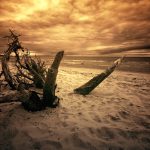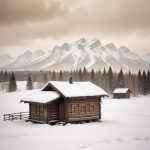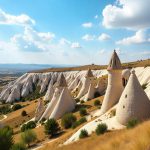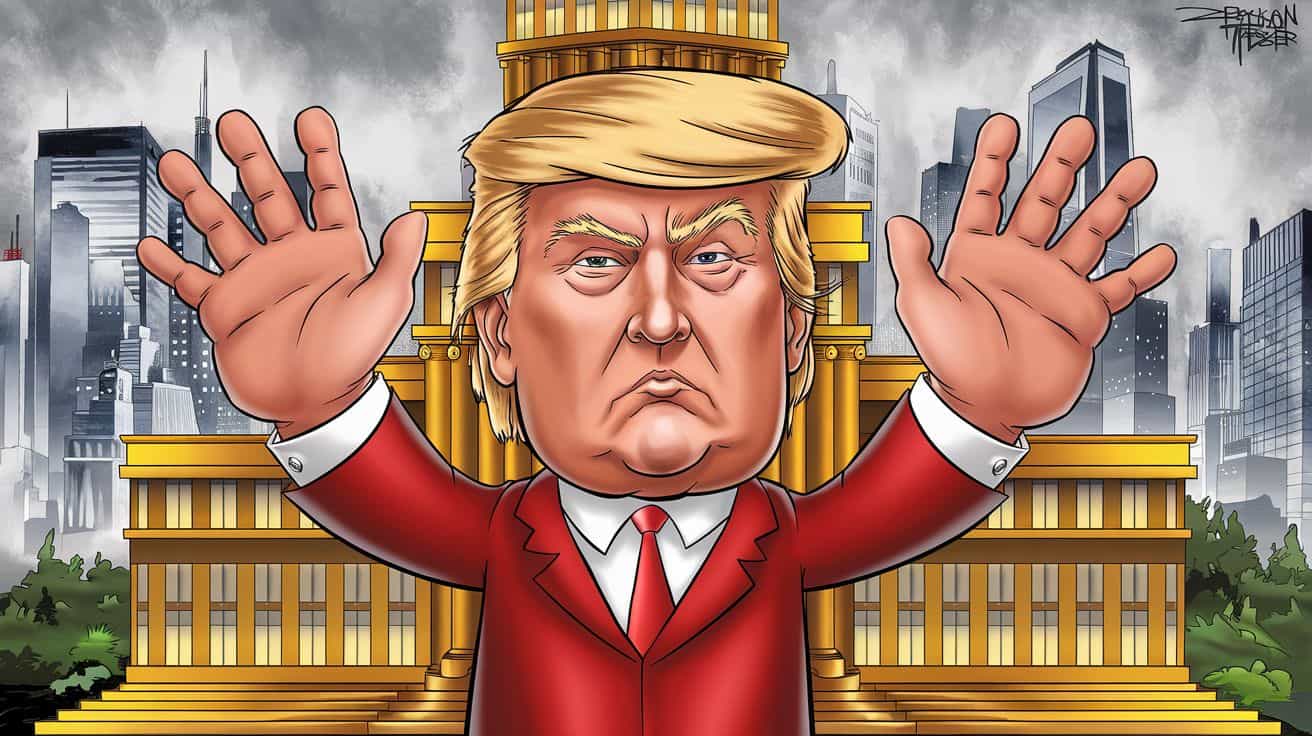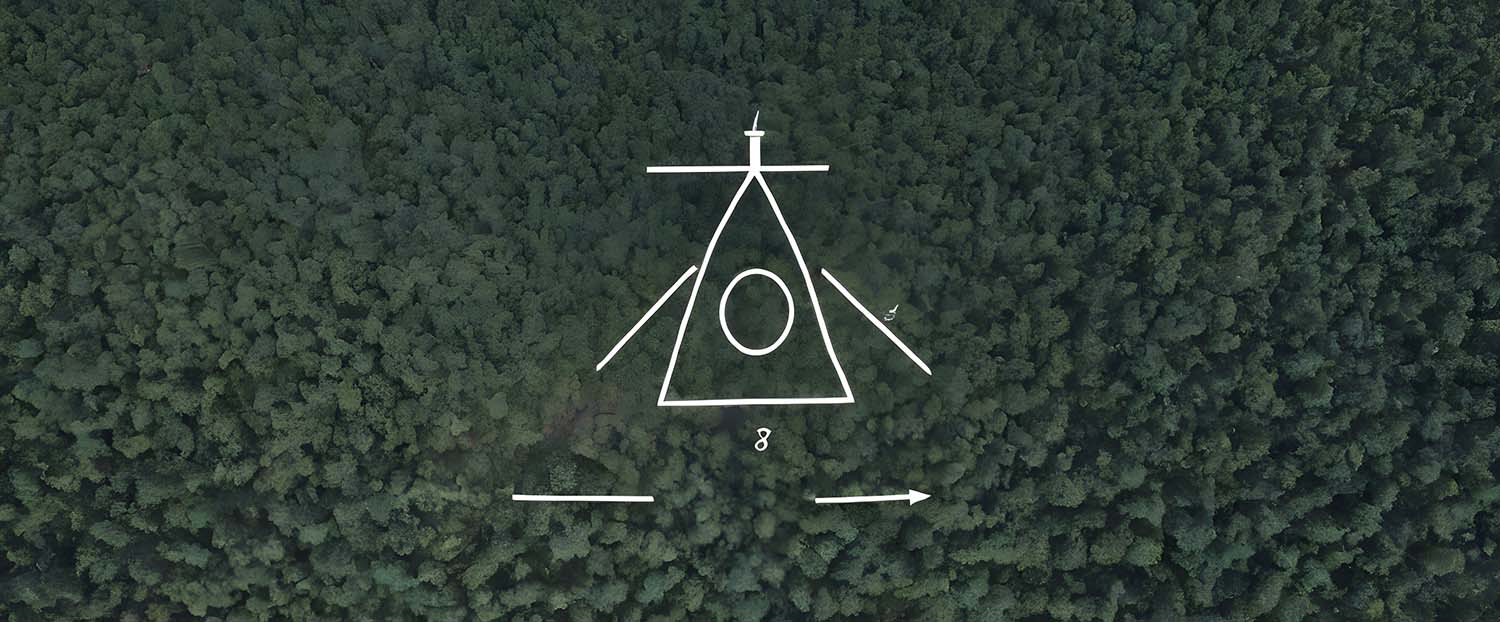The great Afrikaans poet and South African playwright NP Van Wyk Louw once wrote a sonnet that described how with his little chisel he had cracked a rock and succeeded in splitting the universe right open. To me that’s always been one of those pictures that sticks in the mind and somehow configures one’s whole idea of how thought works. You start with a barely glimpsed insight and end up falling into a chasm of mystery.
A similar idea was expressed by Ingrid Jonker, the tragic songster of life disillusionments, who finally took her own life. In my imperfect translation from the original Afrikaans she wrote: “The search for truth in our small and powerless human existence meets the ungraspable mystery of the All.”
I hope I got that right.
Thoughts are deeply embedded
The difference between NP Van Wyk Louw and Jonker was one of emphasis. He surprised himself by cracking open the universe; she felt her own smallness. Both thoughts are deeply embedded in religious and philosophical speculation about the role of human intelligence in the vastness of space and time. Are we important at all or just a temporary spark in the darkness?
The French postmodernist Jean-François Lyotard tried a thought experiment in which the Earth is destroyed by the explosion of our sun some 4.5 billion years into the future. If humanity, with all its science and technology, were unable to escape such a catastrophe would it mean that the human spirit had no value after all? Lyotard argued that humanism was false, a faith with no basis in the chaos of physics. Human reason, he said, was a minor and temporary product of our myth-making.
That may be so but the chaos of South African politics is no myth and is something that should concern us, as it did NP van Wyk Louw. Race hatred and revenge are indeed not rational and they are as deadly as the explosion of suns. You don’t have to believe in the eternal existence of the human soul to realise that life on this Earth is at risk from many threats, war and climate change amongst them.
Taught Afrikaans
As a young English speaking student at Wits University in the 1960s I and my fellow students were richly privileged to be taught Afrikaans by this great literary figure. Not only Van Wyk Louw but the poet Ernst van Heerden and the playwright PG Du Plessis were in the same department. I’ve always wondered whether they were there by choice as exiles from the nationalist Afrikaner establishment which in those days was gripped by Verwoerdian apartheid ideology. Van Wyk Louw himself championed the idea of “loyal resistance” (lojale verset) in calling for liberal thinking within patriotism.
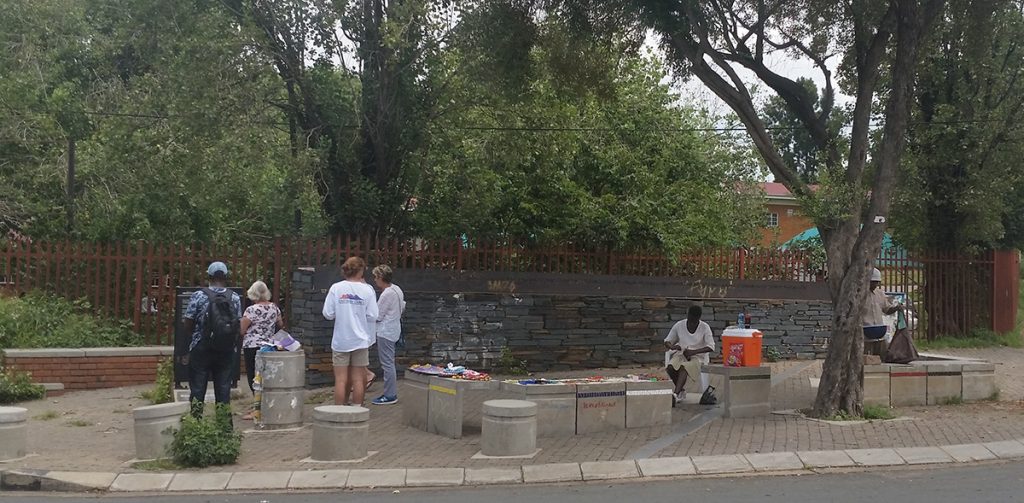
Afrikaans became the spark that set off the Soweto uprising in 1976. Black schoolkids refused to be forced to learn in the language of the oppressor and took to the streets in their hundreds in protest. I was in Soweto on 16 June 1976 and witnessed how the protest was brutally put down by volleys of fire from police – many of them black – who seemed to be panicked by this unexpected show of resistance from kids as young as 10. By the end of the day scores were dead and the townships were in flames.
End of the liberation
A little chisel started the conflagration that led in the end to the liberation of South Africa. Van Wyk Louw died in 1970 and the Afrikaans Department at Wits was closed down in 2000 – not, I think, for ideological reasons but because language teaching took a new direction under the rubric of all African languages.
What would the champion of loyal resistance have made of the eruption of the 80s? Van Wyk Louw penned the poetic epic Raka about a monster who could not think but tore into tribal communities like the mythical Beowulf in Old English literature. The story of Raka – eventually vanquished by a hero of light and reason, Koki – is ambiguous. Does it mean that Africa is subject to primitivism or will it be liberated by justice?
The ambivalence clings to the poetry of Van Wyk Louw like a shroud, leaving us with an eternal mystery. Are we humans the corrupted children of a God that will exist forever or just the product of an assembly of molecules that will eventually dissolve into the space dust from which we came?

